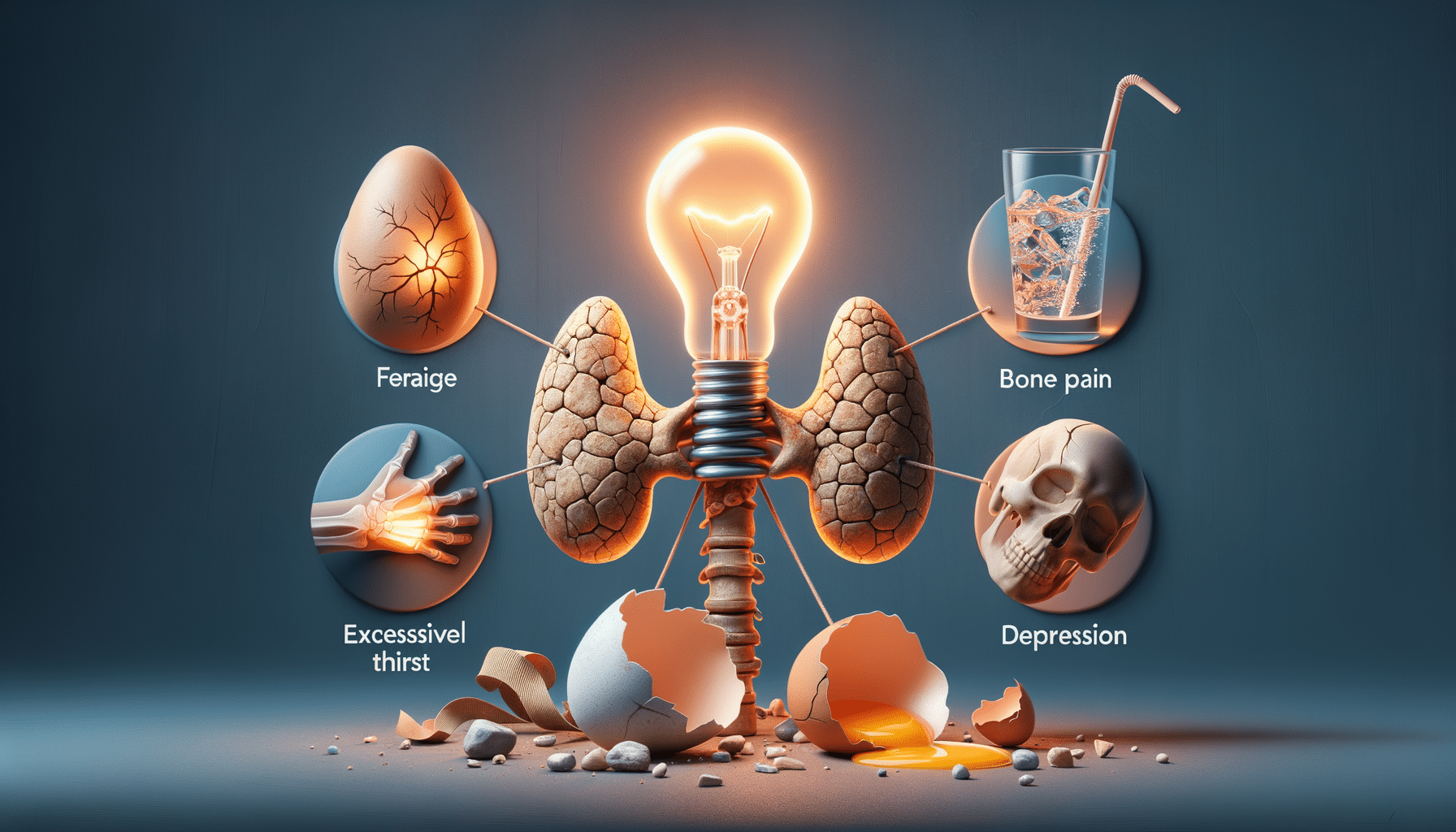
5 Symptoms of Parathyroid Disorders Not to Be Ignored
Introduction to Parathyroid Disorders
The parathyroid glands, though small and often overlooked, play a significant role in maintaining calcium balance in the body. These four tiny glands, located behind the thyroid, are responsible for producing parathyroid hormone (PTH), which regulates calcium levels in the blood. When these glands malfunction, it can lead to parathyroid disorders, which manifest through various symptoms. Recognizing these symptoms early can lead to timely intervention and management, preventing complications associated with calcium imbalance.
Understanding Hyperparathyroidism
Hyperparathyroidism is a condition characterized by the overproduction of parathyroid hormone. This leads to elevated calcium levels in the blood, a condition known as hypercalcemia. The symptoms of hyperparathyroidism can be subtle and often mistaken for other health issues. Common symptoms include:
- Fatigue and weakness: Patients often report feeling unusually tired or weak, which can affect daily activities.
- Bone pain and fragility: Excessive calcium can be leached from bones, leading to pain and increased risk of fractures.
- Kidney stones: High calcium levels can lead to the formation of kidney stones, causing severe pain and urinary issues.
These symptoms can vary in intensity, and not all patients will experience them. However, if you notice a combination of these signs, it may warrant further investigation by a healthcare professional.
Hypoparathyroidism: Symptoms and Effects
In contrast to hyperparathyroidism, hypoparathyroidism is marked by insufficient production of parathyroid hormone, leading to low calcium levels in the blood. This condition can cause a range of symptoms that affect the neuromuscular system:
- Muscle cramps and spasms: Low calcium levels can lead to involuntary muscle contractions, which can be painful and persistent.
- Tingling and numbness: Patients may experience tingling sensations, particularly in the fingertips, toes, and around the mouth.
- Anxiety and mood changes: Calcium plays a role in neurotransmitter release, and its deficiency can lead to mood disturbances and anxiety.
The symptoms of hypoparathyroidism can significantly impact quality of life, and early diagnosis is key to managing the condition effectively. Treatment often involves calcium and vitamin D supplementation to restore balance.
Conclusion: The Importance of Early Detection
Parathyroid disorders, though often under-recognized, can have profound effects on an individual’s health due to their impact on calcium homeostasis. Recognizing the symptoms of both hyperparathyroidism and hypoparathyroidism is crucial for early diagnosis and effective treatment. If you experience any of the symptoms outlined, consulting a healthcare provider can help in obtaining the necessary tests and interventions. Early detection not only alleviates symptoms but also prevents potential complications, ensuring a better quality of life.


